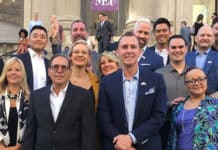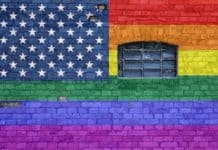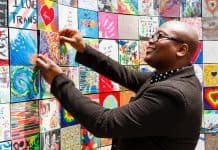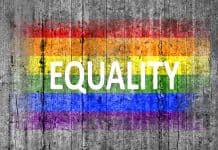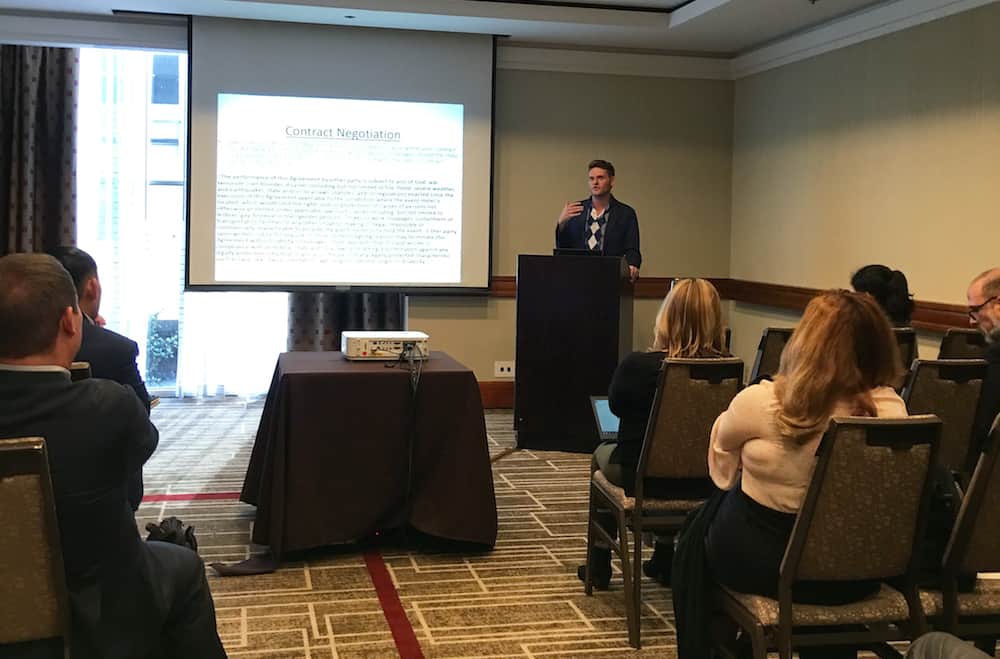
LGBT Meeting Professionals Association (LGBTMPA) is moving forward with its goal to increase the success of inclusion and diversity in meetings and events.
In conjunction with the Community Marketing & Insights’ (CMI) 18th Conference on LGBT Tourism & Hospitality that recently took place in San Francisco, LGBTMPA held its first Professional Workshops + Networking Event, addressing topics that ranged from how to plan a successful LGBT-friendly event to navigating new bathroom legislation. Prevue spoke with Jim Clapes, executive board chair of LGBTMPA, to glean insight into some of the LGBT topics discussed at the event and how meeting planners can improve inclusivity among colleagues and attendees.
How can meeting planners educate themselves on LGBT topics?
First, by getting involved with one or more of the myriad organizations that are working to raise visibility and advance the LGBT community within the industry. Become a member, attend a networking event and ask questions. There are great minds at these associations with so much knowledge and an eagerness to share it. Secondly, by doing independent research. For meeting planners, it all starts with site selection. By educating themselves on state LGBT laws and policies, meeting planners can make more informed decisions and choose locations that recognize and value diversity, inclusion and equality.
How does LGBTMPA work to make LGBT issues more relevant in the industry?
By increasing our visibility through networking events at top industry conferences, such as PCMA’s Convening Leaders, and by ensuring that we continue delivering powerful content on diversity and inclusion at a broad array of different industry events that are not exclusively LGBT focused, such as MPI’s World Education Congress and the Annual NACE Experience.
What challenges do you think LGBT meeting professionals still face?
Meeting professionals that are committed to planning inclusive events face opposition in locations and from vendors and venues that may not agree with their open-minded approach. One of the biggest challenges currently is the matter of non-gender-specific restrooms. Planners that are looking to be more inclusive of the trans community are facing obstacles with venues and their willingness to accommodate gender-neutral restrooms. LGBT meeting professionals have also historically lacked a forum where they can meet with other LGBT folks in the industry and connect over their shared experiences and identity, a void LGBTMPA exists to fill.
How is the industry addressing those challenges?
David Jefferys made a significant impact by starting LGBTMPA and having the vision to recognize the need for not only increase networking opportunities for LGBT meeting professionals, but also how everyone in our industry can work to plan and execute events in ways that are more inclusive and equitable. LGBTMPA is truly committed to reducing hardships by advancing opportunities for LGBT meeting professionals and ensuring they have a forum for increased knowledge and professional growth.
How should it continue to address them?
By hotels, DMCs and all vendors that touch our industry addressing brand diversity and supporting and empowering the LGBT community through LGBTMPA business membership. Also, by meeting planners continuing to raise their collective voices. Planners need to continue demanding that meetings and events of all kinds are planned in more inclusive ways. It starts with something as big as either refusing to send or removing a meeting from a part of the world that is not welcoming to the LGBT community to as small as hosting an LGBT networking social/mixer at your next annual.



